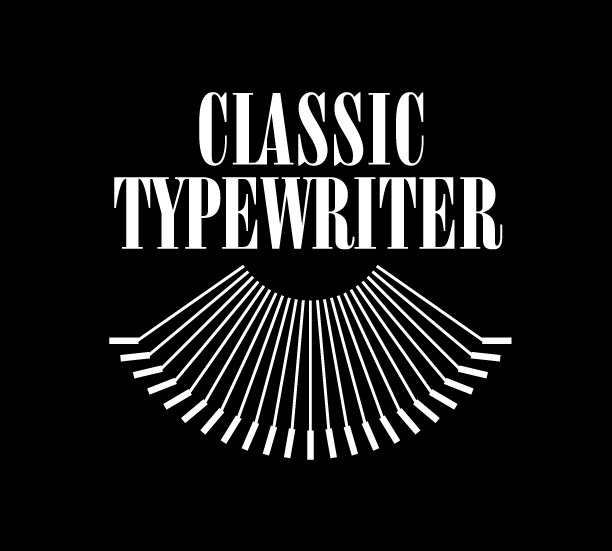Typewriter versus computer as the ultimate writing tool
The click-clack of typewriter keys is the music to many a writer's ears. It's a sound that conjures images of old-school journalists, hard-drinking novelists, and famously eccentric writers. Despite the proliferation of computers and their unparalleled ease of use, some authors choose to stick with the good old fashioned typewriter. They believe that it helps to make their writing better. In this post, we explore some of the most famous and quirky writers who still prefer the typewriter. So, if you're a writer looking to buy a typewriter, or just an admirer of literary oddballs, this one's for you.
First on our list is Tom Hanks. Yes, the Tom Hanks. You might know him as an award-winning actor, but did you know he's also an accomplished writer? In his new book, "Uncommon Type: Some Stories," Hanks explores the lives of different people through 17 short stories. What's interesting about this book is that Hanks wrote it entirely on his trusty typewriter. In an interview with The New York Times, Hanks revealed that he prefers the typewriter because it slows him down and forces him to be more thoughtful with his words. He even has a collection of over 100 typewriters! If you're a fan of Hanks, or just looking for some inspiration, you might want to invest in a typewriter.
Another famous writer who preferred the typewriter was Ernest Hemingway. Hemingway was notorious for his love of typewriters, and he famously used a Royal Quiet De Luxe to type out many of his most famous works. In fact, he started using a typewriter in 1929 and never looked back. He once said, "There is nothing to writing. All you do is sit down at a typewriter and bleed." Whether or not you agree with his sentiment, there's no denying Hemingway's impact on literature. If you're looking to capture some of Hemingway's poetic spirit, why not try writing on a typewriter?
Next up is Neil Gaiman. Gaiman is a prolific author known for his dark and fantastical tales. While he's embraced modern technology in many ways, he still maintains a love for typewriters. In fact, he prefers to write his first drafts on a typewriter before transferring his work to a computer for editing. He believes that the physical act of typing helps him to connect with his writing in a deeper way. He's not alone in this sentiment – many writers believe that writing by hand or typing on a typewriter helps them to tap into their creativity.
Of course, no list of eccentric typewriter-loving writers would be complete without the iconic Hunter S. Thompson. Thompson was a master of gonzo journalism, and he famously used a typewriter to write his breakout novel, "Fear and Loathing in Las Vegas." Fearless and unapologetic, Thompson epitomized the rebel spirit of the Beat generation. His love for typewriters was just one of the many ways he eschewed convention. He even had a "psychic" typewriter that he believed could channel the thoughts of great writers. If you're looking to channel your inner Thompson, why not pick up a typewriter and see where it takes you?
Last but not least on our list is Cormac McCarthy. McCarthy is known for his sparse and evocative prose, and like many of the writers on this list, he prefers to write on a typewriter. In an interview with Oprah Winfrey, McCarthy revealed that he bought his first typewriter in the 1960s and has been using them ever since. He believes that a typewriter allows him to "keep up with his thoughts," and that using a computer would slow him down. Whether or not you agree with his sentiment, there's no denying that McCarthy's writing is unforgettable.
So, why do all of these writers prefer the typewriter? There are a few reasons. For one, typing on a typewriter forces you to slow down and be more deliberate with your words. There's no deleting or backspacing, so you have to get your words right the first time around. Additionally, the physical act of typing on a typewriter can be a meditative and immersive experience. You're fully present in the moment, tapping away at the keys and watching your words take shape on the page.
If you're a writer looking for a new way to tap into your creativity, why not try writing on a typewriter? There are plenty of antique stores, thrift shops, and online marketplaces where you can find vintage typewriters. Whether you want to channel the literary spirits of Hemingway and Thompson or simply enjoy the tactile experience of typing on a typewriter, there's no denying the appeal of these old-school writing machines.
In conclusion, typewriters are not just relics of the past – they're still beloved by writers today. From Tom Hanks to Cormac McCarthy, writers of all stripes have found inspiration

